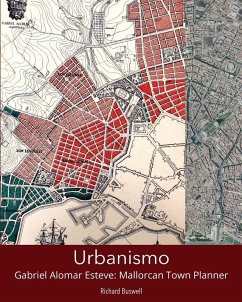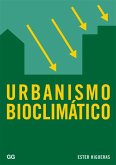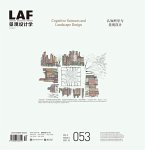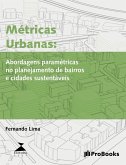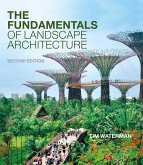Gabriel Alomar Esteve (1910-1997) was an architect, town planner and historian. His early ideas in town planning were largely pragmatic, seeking to address problems of the quality of life and the future traffic circulation in the historic core of his native city, Palma, and its suburbs. He inherited plans for reform from previous generations of Mallorcan planners including Eusebio Estada (1843-1917), Bernat Calvet (1864-1941) and Guillem Forteza (1892-1943) who in turn were influenced by Idelfonso Cerdá (1815-1876) the Barcelona planner and his concept of the eixample or ensanche. Some of his plan for Palma was financed by the enigmatic Juan March but under the post-Civil War policy of autarky little of what he proposed was built. However, a short sojourn in the United States at MIT in the mid-1940s brought him into contact with American and British theories. Much of his practice developed during the Franco regime, although he had little sympathy for its politics. Later, he designed few other complete town plans but his influence on the social aspects of Spanish planning in the '50s and '60s was considerable. His subsequent professional practice was largely devoted to urban conservation and the development of green spaces in cities and towns. His ideas are located between Anglo-Saxon planning theories and Mediterranean urbanismo, when town planning as a discipline began to emerge from its origins in engineering and architecture as part of its transition from planeamientos to proyectos.
Hinweis: Dieser Artikel kann nur an eine deutsche Lieferadresse ausgeliefert werden.
Hinweis: Dieser Artikel kann nur an eine deutsche Lieferadresse ausgeliefert werden.

